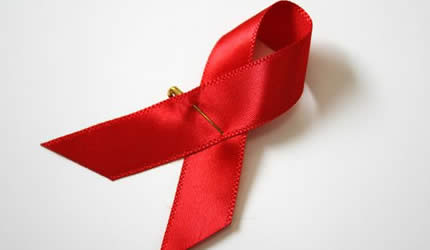Editorial Comment: Remember the youths in HIV fight

AT least 12 000 delegates from 200 countries are meeting this week in Melbourne, Australia, for the 20th International AIDS Conference. This comes at a time the United Nations has set a new target of 2030 to eliminate AIDS, TB and malaria as major global killers. Initially all Millennium Development Goals (MDGs) were supposed to be achieved by 2015. That has not been possible.
The other MDGs are eradication of extreme poverty and hunger, universal primary education, gender equality and women empowerment, reduction of child mortality, better maternal health, environmental sustainability and global partnership for development.
UNAIDS director Michel Sidibe told delegates at the opening ceremony that AIDS, malaria and TB remained the major challenges for most countries, hence the decision to extend the deadline. He said voluntary testing and treatment should be accessible to everyone.
Setting the ambitious target, Dr Sidibe said, “We will bring the epidemic under control so that it is not a public health threat to any community, village, family or individual . . . We cannot run away from adolescents, HIV is the leading cause of adolescent mortality in Africa, especially among young women.”
The target is ambitious because we know that although Zimbabwe has made enormous strides in other areas such as universal primary education, poverty eradication and women empowerment, there are still a number of gaps. The current economic challenges are pushing children out of school.
There is also need for dramatic behavioural change among our youths. There have been reports of a spike in cases of STIs at most tertiary institutions across the country. This should ring alarm bells, that most of the gains made in reducing HIV infections could be reversed if the nation relaxes.
In the urban areas we witness behaviour which predispose our youths to sexual permissiveness in pursuit of ill-defined pleasure.
There is a danger that our youths are being misinformed about freedom. Most of them don’t understand that freedom comes with huge responsibility or it becomes a highway to an early grave. On a bigger scale, recent developments on the continent also point to a greater challenge. There have been outbreaks of violence in the Central African Republic, Nigeria, South Sudan, Mozambique, Uganda and the unending conflict in the Democratic Republic of Congo.
It is banal to state that women and young girls have always been the biggest victims of such conflicts where they are reduced to sexual toys. That means while new targets for MDGs are being set, there are people being exposed to new infections everyday. This is not only a major setback, but also means huge costs even when treatment becomes available, thus putting it beyond the reach of many who desperately require it.
The situation in Africa is not helped by major powers which fuel conflicts in pursuit of raw materials on the continent. This is what has kept the conflict in the DRC going. There are already signs that South Sudan has become a target of this resource conflict because of its oil reserves.
It is, therefore, important that these issues are brought to the attention of the international community if the fight against HIV and AIDS is not going remain part of a wish list. The African Union needs to speak with one voice on this. So long as there are fresh conflicts on the continent, it will be difficult to stop the spread of AIDS and new infections.







Comments